Competitions and programs (118)
ABR Behrouz Boochani Fellowship – worth $10,000
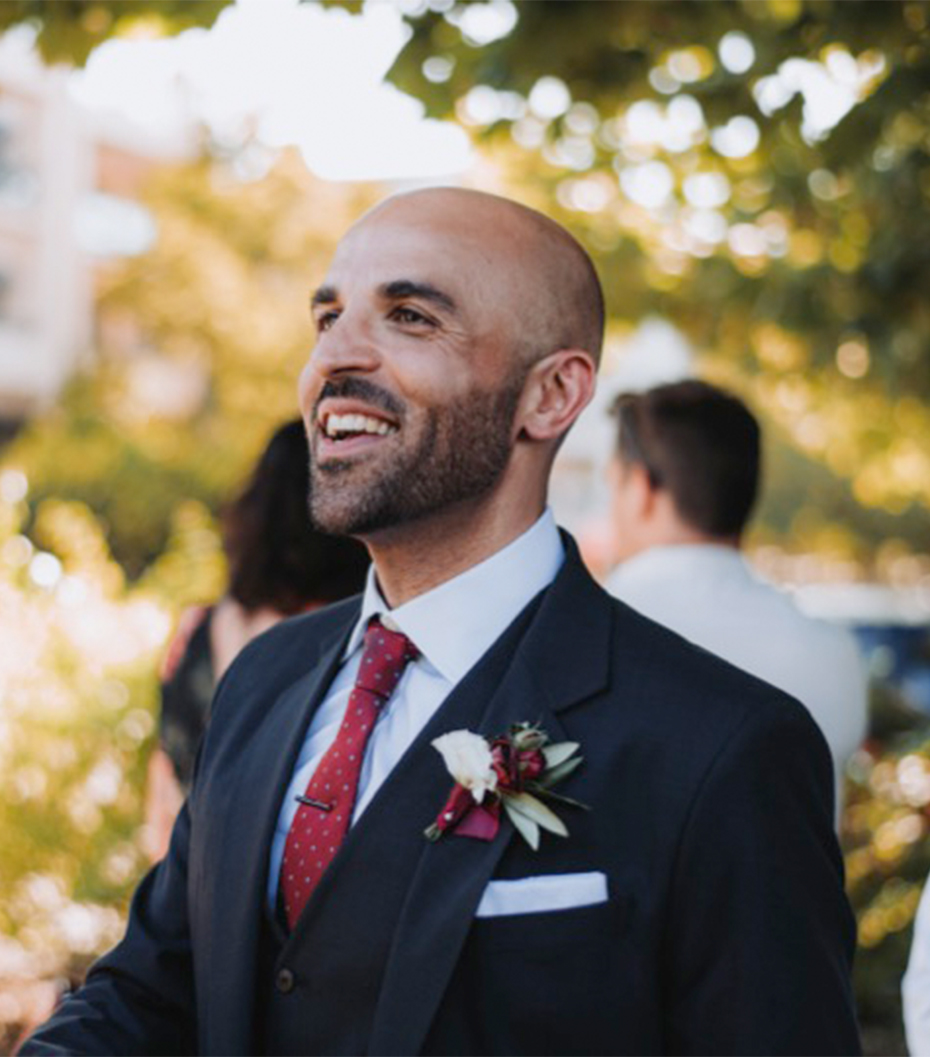 Hessom RazaviAustralian Book Review has much pleasure in naming Hessom Razavi as the recipient of the ABR Behrouz Boochani Fellowship. The Fellowship, worth $10,000, honours the artistry, courage, and moral leadership of Behrouz Boochani, the award-winning author of No Friend But the Mountains (2018), who has been imprisoned on Manus Island since 2013. Dr Razavi will make a significant contribution to the magazine in 2020 with a series of three substantial articles on refugees, statelessness, and human rights. The Fellowship is funded by Peter McMullin, a lawyer, philanthropist, and businessman. Hessom Razavi was chosen from a quality international field. The selection panel comprised Nobel Laureate J.M. Coetzee, Michelle Foster (Director of the Peter McMullin Centre on Statelessness at the University of Melbourne), and Peter Rose, Editor of ABR.
Hessom RazaviAustralian Book Review has much pleasure in naming Hessom Razavi as the recipient of the ABR Behrouz Boochani Fellowship. The Fellowship, worth $10,000, honours the artistry, courage, and moral leadership of Behrouz Boochani, the award-winning author of No Friend But the Mountains (2018), who has been imprisoned on Manus Island since 2013. Dr Razavi will make a significant contribution to the magazine in 2020 with a series of three substantial articles on refugees, statelessness, and human rights. The Fellowship is funded by Peter McMullin, a lawyer, philanthropist, and businessman. Hessom Razavi was chosen from a quality international field. The selection panel comprised Nobel Laureate J.M. Coetzee, Michelle Foster (Director of the Peter McMullin Centre on Statelessness at the University of Melbourne), and Peter Rose, Editor of ABR.
About Hessom Razavi
Hessom Razavi is a writer and doctor based in Perth. He was born in Iran in 1976. In 1983 his family fled Iran to escape political persecution. He grew up in Pakistan and the United Kingdom before migrating to Australia when he was thirteen. He completed his studies as an ophthalmologist in 2015 and has visited Manus Island and Nauru in a medical capacity. He also writes poetry and essays, and he is currently working on his first collection. He describes himself as an exile, migrant, professional, and ‘perennial outsider’. His early experience of exile and state violence, and his subsequent qualifications as a writer and clinician, give him an unusual perspective on the plight of the millions of people around the world who are oppressed, anathematised, and endangered.
‘It’s an honour and delight to receive ABR’s inaugural Behrouz Boochani Fellowship. I accept it in the spirit of mutual respect for asylum seekers, refugees, the Australian people, and our regional neighbours. I am grateful to the magazine and to Peter McMullin. I very much look forward to working with ABR and the Peter McMullin Centre on Statelessness in 2020. My goal will be to help shift awareness and raise empathy among those Australians who remain uninformed or ambivalent, particularly moderate conservatives, young people, and those who are open to reason. Ultimately, I work to contribute to the collective moment – medical, legal, artistic, political – that advocates for more humane, sustainable outcomes for vulnerable people who seek protection in Australia.’
Hessom Razavi
‘For decades, Australia has normalised the indefinite imprisonment of refugees. This is a critical time: we need to support writers inside the prison camps and also those people who are recording this history outside the prisons. It is extremely important that we support the writers and researchers recording this history in any way we can. The Fellowship is long overdue but also a great step in helping to document the history and to transform the present situation. What Australian Book Review is doing is valuable for many reasons. The Fellowship promises to be an important contribution to the discourse.’
Behrouz Boochani
Interviews
Hessom Razavi is available for interviews. To arrange one, contact Peter Rose: This email address is being protected from spambots. You need JavaScript enabled to view it.
Click here to find out more about the ABR Fellowship program.
ABR Behrouz Boochani Fellowship - Frequently Asked Questions
What is Australian Book Review?
Australian Book Review (ABR) is one of Australia’s leading cultural magazines. Created in 1961, it lapsed in 1974 and was revived in 1978. ABR is a fully independent non-profit organisation. Its primary aims are several: to foster high critical standards; to provide an outlet for fine new writing; and to contribute to the preservation of literary values and a full appreciation of Australia’s literary heritage.
ABR publishes reviews, essays, commentaries, interviews, and new creative writing. It is available in print and online. ABR’s diverse programs include three prestigious international prizes, writers’ fellowships, themed issues, national events, cultural tours, and paid editorial internships.
What is the ABR Fellowship program?
ABR Fellowships are intended to reward outstanding Australian writers, to enhance ABR through the publication of long-form journalism, and to advance the magazine’s commitment to ideas and critical debate. The Fellows work closely with ABR staff, especially the Editor, Peter Rose.
Who is Behrouz Boochani?
This Fellowship honours the immense artistry, courage and moral leadership of Behrouz Boochani, an Iranian-Kurdish poet, journalist, memoirist, film producer and human rights activist who has been held on Manus Island since 2013. Behrouz Boochani’s memoir, No Friend But the Mountains (Picador, 2018, translated by Omid Tofighian) won the 2019 Victorian Prize for Literature and Victorian, plus the New South Wales Premiers’ Literary Awards.
Who can apply for the 2019 ABR Behrouz Boochani Fellowship?
This Fellowship is open to English-speaking writers around the world. Any writer with a publication record is eligible. ABR staff and Board members are ineligible, as are staff, board members, and PhD students at the Peter McMullin Centre on Statelessness. Contributors to ABR are encouraged to apply.
What is the Peter McMullin Centre on Statelessness?
The Peter McMullin Centre on Statelessness was established at the Melbourne Law School in February 2018 as a result of the generous support of Peter and Ruth McMullin. The Centre undertakes research, teaching and engagement activities aimed at reducing statelessness and protecting the rights of stateless people in Australia, the Asia Pacific region, and as appropriate more broadly. Learn more about the work of the Centre at https://law.unimelb.edu.au/centres/statelessness
Are the Fellowships themed?
Some are, some aren’t. The ABR Behrouz Boochani Fellowship is. We look for applications about any aspect of refugees, statelessness or human rights.
Is this a purely academic Fellowship?
Not at all. We welcome applications from a broad range of writers: journalists, commentators, scholars, activists, creative writers, etc. ABR is not an academic journal. We seek engaging, creative non-fiction journalism of the kind you will find in The New Yorker or the London Review of Books. Links to essays by past Fellows can be found here.
Are you looking for finished articles from applicants?
No. We seek cogent proposals for non-fiction articles to be developed over the course of the Fellowship, in collaboration with the Editor. Unlike the Calibre Essay Prize, the Fellowship program is not for finished works.
How much are the Fellowships worth?
The Fellow will receive a total of $10,000, payable thus: $4,000 on announcement of the Fellowship; and two further payments on $3,000 on publication of the final two contributions to the magazine.
I don’t know anything about ABR. May I still apply?
Applicants must demonstrate familiarity with the magazine and must persuade the panel that their articles would complement other writings in ABR and win us new readers. Applications who do not refer to the magazine in their applications, or who don’t demonstrate awareness of ABR’s needs and directions, are unlikely to be successful.
Is it possible to write the article with a friend or colleague?
No. Single-author works only.
How do I apply?
Applicants must read the guidelines of the Fellowship for which they are interested in applying and send us a succinct but comprehensive proposal (three pages maximum), plus a CV of no more than three pages and two short writing samples. Please nominate two professional/literary referees (names, email addresses and phone numbers only). Note that we are looking for proposals – not finished articles or chapters. Applications must be received by the closing date of the relevant Fellowship. There is no application fee. Applicants are strongly encouraged to discuss their proposals with the Editor before submitting them: (03) 9699 8822 or via email: This email address is being protected from spambots. You need JavaScript enabled to view it. NB applications for the ABR Behrouz Boochani Fellowship are now closed.
How are Fellows selected?
The Fellowship will be awarded by Australian Book Review on the advice of a committee including Peter Rose, the Editor of ABR, and Professor Michelle Foster, Director of the Peter McMullin Centre on Statelessness at the University of Melbourne, and author J.M. Coetzee. Shortlisted applicants will attend an interview in person or via Skype. No correspondence will be entered into once the decision has been announced. ABR reserves the right not to award the Fellowship.
Are the ABR Fellows expected to complete their projects at the ABR office in Melbourne?
No. Most of the editorial contact is via email or the telephone. Some meetings may be desirable during the course of the Fellowship. These are important collaborative partnerships between the magazine and the Fellows.
What kind of editorial support do Fellows enjoy?
ABR Fellows enjoy a special status at the magazine – as our senior contributors. The Fellow will work with the Editor closely throughout the Fellowship. We edit promptly, closely, and respectfully. ABR is committed to presenting the Fellow’s work with the utmost finesse. The Editor is always available to discuss the project, to respond to ideas, and to read drafts. Peter Rose edits the articles in consultation with the Fellows, and each article is then proofread by at least three editors.
Are there opportunities for discussions with other writers or experts in the field?
We encourage Fellows to lead roundtable discussions with colleagues and specialists at a formative stage in the Fellowship. These can be held at the Centre on Statelessness in Melbourne. ABR assists with the organisation of these roundtables. Fellows usually chair these gatherings, which have been most fruitful in the past. The Fellow is also encouraged to participate in other events at the Peter McMullin Centre on Statelessness, including attending the monthly seminar series where relevant.
Where are the Fellowship articles published?
In the print and digital editions of ABR.
Would ABR Fellows be required to take part in the promotion of the published article?
Yes.
Syndication
If articles are syndicated in newspapers (with the Fellow’s permission), the Fellow and ABR will each receive 50%.
2019 Calibre Essay Prize winner: Grace Karskens
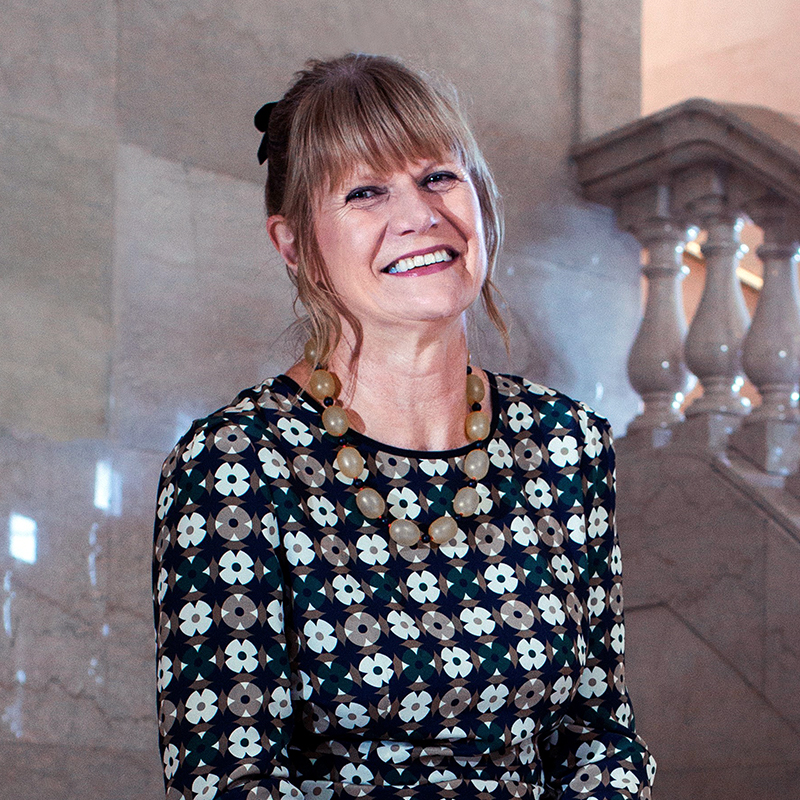 Grace Karskens (photograph by Joy Lai)The Calibre Essay Prize, now in its thirteenth year, has played a major role in the revitalisation and appreciation of the essay form. This year we received a record number of entries – 450 new essays from twenty-two countries. ABR Editor Peter Rose judged the Prize with J.M. Coetzee, author of several volumes of critical essays as well as the novels that won him the Nobel Prize in Literature in 2003, and Anna Funder, author of the international bestseller Stasiland and the Miles Franklin Award-winning novel All That I Am.
Grace Karskens (photograph by Joy Lai)The Calibre Essay Prize, now in its thirteenth year, has played a major role in the revitalisation and appreciation of the essay form. This year we received a record number of entries – 450 new essays from twenty-two countries. ABR Editor Peter Rose judged the Prize with J.M. Coetzee, author of several volumes of critical essays as well as the novels that won him the Nobel Prize in Literature in 2003, and Anna Funder, author of the international bestseller Stasiland and the Miles Franklin Award-winning novel All That I Am.
This year, our two winning essays could hardly be more different: a remarkable contribution to Aboriginal and colonial history from one of our finest historians; and a highly personal account of an abortion – the body out of control and at sea.
Grace Karskens – Professor of History at the University of New South Wales and author of the award-winning The Colony: A history of early Sydney – is the overall winner of the Calibre Prize; she receives $5,000. Her essay, titled ‘Nah Doongh’s Song’, examines the unusually long life of one of the first Aboriginal children who grew up in conquered land. Born around 1800, Nah Doongh lived until 1898. Her losses, her peregrinations, her strong, dignified character are the subjects of this questing essay, in which the author states: ‘Biography is not a finite business; it’s a process, a journey. I have been researching, writing, and thinking about Nah Doongh … for over a decade now.’ The discoveries she makes along the way – the portrait she finally tracks down – are very stirring.
‘Nah Doongh’s Song’ appears in our Indigenous August 2019 issue.
Placed second in the Calibre Prize is ‘Floundering’ by Melbourne-based artist, photographer, and fine artist Sarah Walker. Sarah Walker told ABR: ‘The Calibre Essay Prize is an essential avenue for new writing to be published with profound care and respect. I am proud to be joining a lineage of extraordinary writing.’
In addition, the judges commended five essays, which will appear online in High Calibre. They are:
- John Bigelow: ‘The Song of the Grasshopper’
- Andrew Broertjes: ‘Death and Sandwiches’
- Martin Edmond: ‘The Land of Three Rivers’
- Michael McGirr: ‘Thicker Than Water’
- Melanie Saward: ‘From Your Own Culture’
About Grace Karskens
Grace Karskens is Professor of History at the University of New South Wales. She is a leading authority on early colonial Australia and also works in cross-cultural and environmental history. Her books include Inside the Rocks: The archaeology of a neighbourhood and the multi-award winning The Rocks: Life in early Sydney. Her book The Colony: A history of early Sydney won the 2010 Prime Minister’s Literary Award for Non-Fiction and the US Urban History Association’s prize for Best Book 2010. Her next book, People of the River: Lost worlds of early Australia, will be published by Allen & Unwin in 2020.
About Sarah Walker
Sarah Walker is a Melbourne-based writer and fine artist. In 2017 she won the Sydney Road Writer’s Cup and the Sydney Road Storytelling Prize. She has been published in Signed, Sealed, Delivered: Women of letters. She is also an award-winning photographer, theatre designer, anddirector, and is co-host of the podcast Contact Mic.
Further information
Click here to download the media release
Subscribe to ABR to gain access to this issue, plus the ABR archive.
Click here for more information about past winners and to read their essays.
We look forward to offering the Calibre Essay Prize again in 2020.
We gratefully acknowledge the long-standing support of Colin Golvan QC and the ABR Patrons.
2019 Peter Porter Poetry Prize winners
Andy Kissane and Belle Ling are the joint winners of the 2019 Peter Porter Poetry Prize, worth a total of $8,500. The winners were named at a ceremony at fortyfivedownstairs in Melbourne on March 18.
Andy Kissane's winning poem is titled 'Searching the Dead', and Belle Ling's winning poem is titled '63 Temple Street, Mong Kok'.
This year’s judges – Judith Bishop, John Kawke, Paul Kane – shortlisted five poems from almost 900 entries, from 28 countries. The shortlisted poets were John Foulcher (ACT), Ross Gillett (Vic.), Andy Kissane (NSW), Belle Ling (QLD/Hong Kong), and Mark Tredinnick (NSW).
Porter Prize judge Judith Bishop (representing the judges) commented:
'Andy Kissane’s "Searching the Dead" recounts a moment in Australian history – our soldiers’ involvement in the Vietnam War – that has not been captured before in this way. This dense, strongly physical and evocative poem grips the reader’s mind and body, and that imprint remains long after reading.'
'In Belle Ling’s "63 Temple St, Mong Kok", other voices are rendered equally as vividly as the speaker’s own. Together they create the generous and gentle texture of this exceptionally resonant work.'
About Andy Kissane
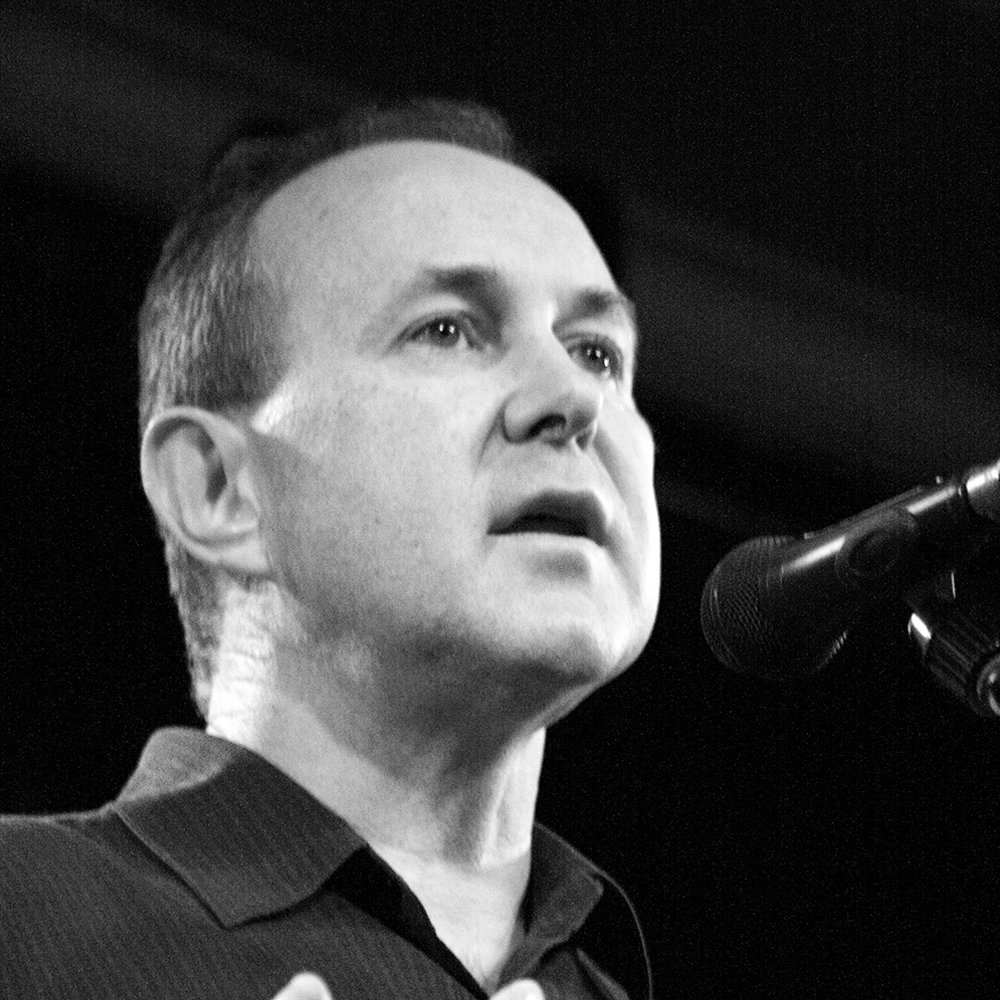 Andy Kissane has published a novel, a book of short stories, The Swarm, and four books of poetry. Awards for his poetry include the Fish International Poetry Prize, the Australian Poetry Journal’s Poem of the Year and the Tom Collins Poetry Prize. Radiance (Puncher & Wattmann, 2014) was shortlisted for the Victorian and Western Australian Premier’s Prizes for Poetry and the Adelaide Festival Awards. He recently co-edited a book of criticism on Australian poetry, Feeding the Ghost. His fifth poetry collection, The Tomb of the Unknown Artist is due in 2019. He teaches English and lives in Sydney. http://andykissane.com
Andy Kissane has published a novel, a book of short stories, The Swarm, and four books of poetry. Awards for his poetry include the Fish International Poetry Prize, the Australian Poetry Journal’s Poem of the Year and the Tom Collins Poetry Prize. Radiance (Puncher & Wattmann, 2014) was shortlisted for the Victorian and Western Australian Premier’s Prizes for Poetry and the Adelaide Festival Awards. He recently co-edited a book of criticism on Australian poetry, Feeding the Ghost. His fifth poetry collection, The Tomb of the Unknown Artist is due in 2019. He teaches English and lives in Sydney. http://andykissane.com
About Belle Ling
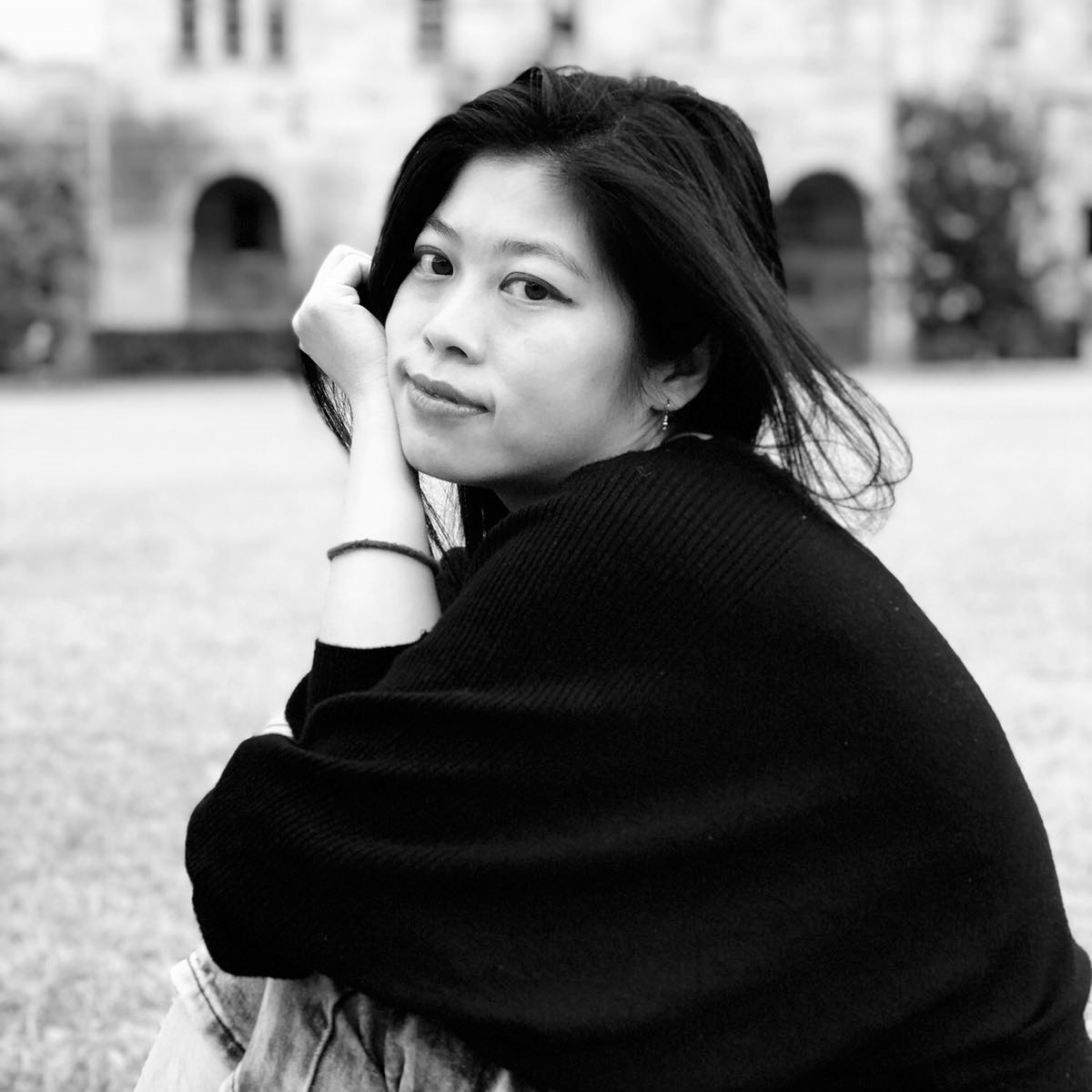 Belle Ling is a PhD student in Creative Writing at The University of Queensland, Australia. Her poetry manuscript, Rabbit-Light, was awarded Highly Commended in the 2018 Arts Queensland Thomas Shapcott Poetry Prize. Her first poetry collection, A Seed and a Plant, was shortlisted for The HKU International Poetry Prize 2010. Her poem, ‘That Space’, was placed second in the ESL category of the International Poetry Competition organized by the Oxford Brookes University in October 2016. She was awarded a Merit Scholarship at the New York State Summer Writers Institute in 2017.
Belle Ling is a PhD student in Creative Writing at The University of Queensland, Australia. Her poetry manuscript, Rabbit-Light, was awarded Highly Commended in the 2018 Arts Queensland Thomas Shapcott Poetry Prize. Her first poetry collection, A Seed and a Plant, was shortlisted for The HKU International Poetry Prize 2010. Her poem, ‘That Space’, was placed second in the ESL category of the International Poetry Competition organized by the Oxford Brookes University in October 2016. She was awarded a Merit Scholarship at the New York State Summer Writers Institute in 2017.
Further information
The Peter Porter Poetry Prize is one of Australia’s most prestigious poetry awards. For more information about the Peter Porter Poetry Prize or to read the 2018 shortlisted poems please visit the ABR website.
Andy Kissane's and Belle Ling's winning poems are published in the March 2019 issue of ABR.
![]() Click here to download the media release
Click here to download the media release
Subscribe to ABR Online to gain access to this issue online, plus the ABR archive.
Click here for more information about past winners.
ABR gratefully acknowledges the support of Morag Fraser AM and Ivan Durrant.
2019 Jolley Prize Judges
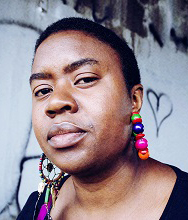
Maxine Beneba Clarke is a widely published Australian writer of Afro-Caribbean descent. Clarke's short fiction, non-fiction and poetry have been published in numerous publications including Overland, The Age, Meanjin, The Saturday Paper and The Big Issue. Her critically acclaimed short fiction collection Foreign Soil won the ABIA for Literary Fiction Book of the Year 2015 and the 2015 Indie Book Award for Début Fiction, and was shortlisted for the 2015 Stella Prize. She was one of the Sydney Morning Herald's Best Young Novelists for 2015. Clarke has published three poetry collections including Carrying the World, which won the Victorian Premier's Literary Award for Poetry 2017 and was shortlisted for the Colin Roderick Award. The Hate Race, a memoir about growing up black in Australia won the NSW Premier's Literary Award Multicultural NSW Award 2017 and was shortlisted for an ABIA, an Indie Award, the Victorian Premier's Literary Awards and Stella Prize. The Patchwork Bike, her first picture book with Van T. Rudd was a CBCA Honour Book for 2017.
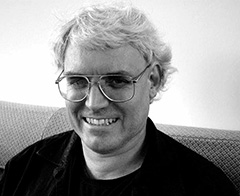
John Kinsella is the author of over forty books. His most recent publications include the novel Lucida Intervalla (UWA Publishing 2018), Open Door (UWA Publishing, 2018); On the Outskirts (UQP, 2017), and Drowning in Wheat: Selected poems (Picador, 2016). His poetry collections have won a variety of awards, including the Prime Minister's Literary Award for Poetry and the Christopher Brennan Award for Poetry. His volumes of stories include In the Shade of the Shady Tree (Ohio University Press, 2012), Crow’s Breath (Transit Lounge, 2015), and Old Growth (Transit Lounge, 2017). His volumes of criticism include Activist Poetics: Anarchy in the Avon Valley (Liverpool University Press, 2010) and Polysituatedness (Manchester University Press, 2017). He is a Fellow of Churchill College, Cambridge University, and Professor of Literature and Environment at Curtin University. With Tracy Ryan he is the co-editor of The Fremantle Press Anthology of The Western Australian Poetry (2017). He lives with his family in the Western Australian wheatbelt.
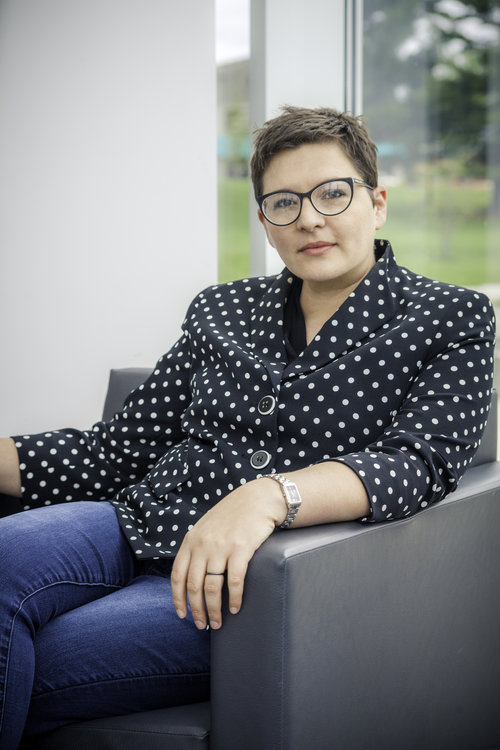
Beejay Silcox is an Australian writer, literary critic and cultural commentator, and the recipient of ABR’s Fortieth Birthday Fellowship. Her award-winning short fiction has been published at home and internationally and recently anthologised in Meanjin A-Z: Fine Fiction 1980 to Now, and Best Summer Stories 2018. Her story ‘Slut Trouble’ was commended in the 2016 Jolley Prize and republished in Best Australian Stories 2017. She is currently based in Cairo - writing from a house in the middle of an island, in the middle of the Nile.
2019 ABR Elizabeth Jolley Short Story Prize
2019 Jolley Prize Winner: Sonja Dechian
ABR is delighted to announce that Sonja Dechian is the overall winner of the 2019 ABR Elizabeth Jolley Short Story Prize for her story ‘The Point-Blank Murder’. Sonja Dechian receives $5,000. Raaza Jamshed was placed second for her story 'Miracle Windows', and Morgan Nunan was placed third for his story 'Rubble Boy'. We would like to congratulate all three shortlisted entrants and thank all those who entered their stories in the Jolley Prize.
The ABR Elizabeth Jolley Short Story Prize is one of the country’s most prestigious awards for short fiction. This year the Jolley Prize attracted almost 1,400 entries from 35 different countries. The judges were Maxine Beneba Clarke, John Kinsella, and Beejay Silcox. The three shortlisted stories appear in our September Fiction 2018 issue.
The judges have also commended three stories: 'Hero Manifest' by Bill Collopy, 'Lizard Boy' by Brendan Sargeant, and 'Supermarket Love' by Elleke Boehmer. The commended stories will appear online in due course. The shortlisted and commended stories were selected from a longlist of ten stories, all listed below.
About the 2019 Jolley Prize finalists:
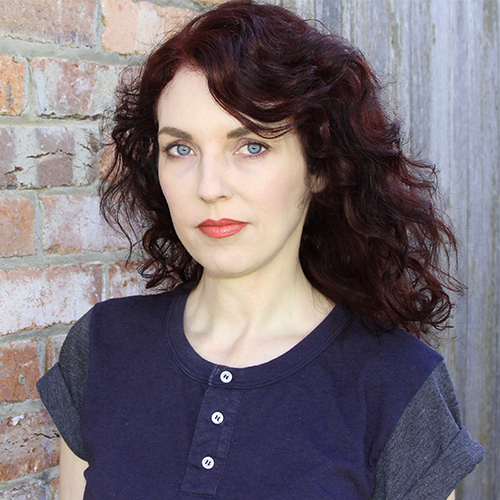 WINNER
WINNER
Sonja Dechian is the author of the short story collection An Astronaut’s Life, which won the 2016 UTS Glenda Adams Award for New Writing and was shortlisted for the Steele Rudd Award the same year. Her writing has previously appeared in The Best Australian Stories, New Australian Stories 2, and elsewhere. She has co-edited two books of children’s writing about the Australian refugee experience, No Place Like Home and Dark Dreams.
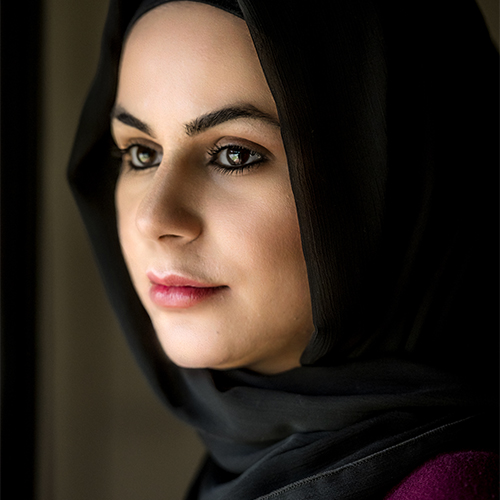 SECOND
SECOND
Raaza Jamshed is a writer and researcher drawn to the poetics of gender, language, and identity. She is a Doctor of Creative Arts candidate at Western Sydney University and is currently compiling her short fiction in a collection. Two of her recent stories have been published in Meanjin. Raaza has lived in four different continents in the last decade; she currently resides in the historic town of Richmond, New South Wales, with her husband, two children and a small band of Arab horses.
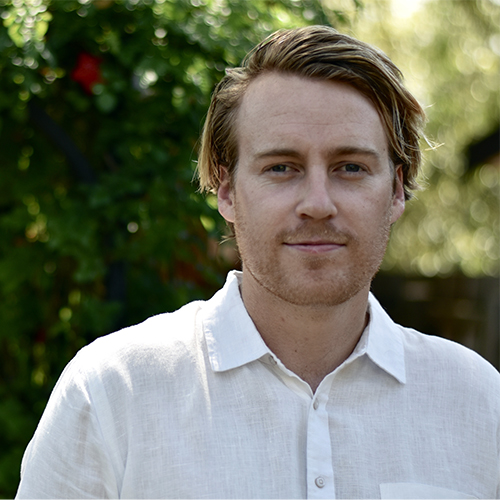 THIRD
THIRD
Morgan Nunan is an emerging Australian writer based in Melbourne. He currently studies creative writing at RMIT University. His short fiction has been published in a number of Australian literary magazines, most recently appearing in Gargouille Literary Journal. As a practising media lawyer, Morgan is an adviser to several large media and technology organisations. He holds a BA (English) and LLB from La Trobe University.
The 2019 Jolley Prize longlist
Commended: 'Supermarket Love' by Elleke Boehmer (United Kingdom)
Commended: 'Hero Manifest' by Bill Collopy (Victoria)
'The Manque' by Steph Cornish (New South Wales)
Winner: 'The Point-Blank Murder' by Sonja Dechian (Victoria)
'The Net' by D.J. Huppatz (Victoria)
Second: 'Miracle Windows' by Raaza Jamshed (New South Wales)
'Rewilding' by Jennifer Mills (South Australia)
Third: 'Rubble Boy' by Morgan Nunan (Victoria)
Commended: 'Lizard Boy' by Brendan Sargeant (ACT)
'Holding the Torch' by Tracey Slaughter (New Zealand)
Please read the Frequently Asked Questions page before contacting us with queries about the Jolley Prize.
Click here for more information about past winners and to read their stories
ABR gratefully acknowledges Mr Ian Dickson's generous support for the Jolley Prize.
2019 Calibre Essay Prize Judges
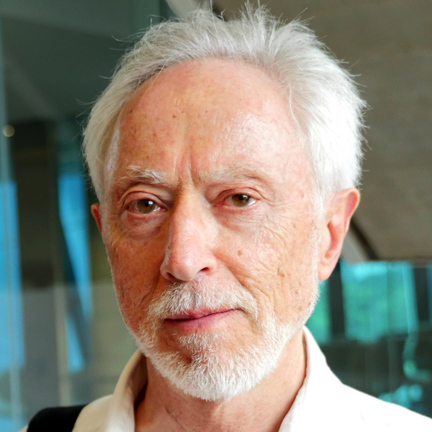 J.M. Coetzee was born in South Africa and educated in South Africa and the United States. He has published nineteen works of fiction, as well as criticism and translations. Among awards he has won are the Booker Prize (twice) and, in 2003, the Nobel Prize for Literature. He is currently Professorial Research Fellow at the University of Adelaide.
J.M. Coetzee was born in South Africa and educated in South Africa and the United States. He has published nineteen works of fiction, as well as criticism and translations. Among awards he has won are the Booker Prize (twice) and, in 2003, the Nobel Prize for Literature. He is currently Professorial Research Fellow at the University of Adelaide.
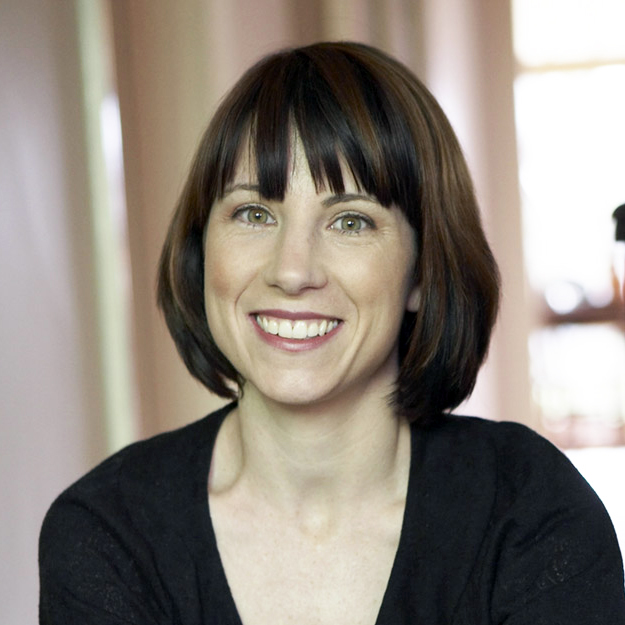 Lisa Gorton, who lives in Melbourne, is a poet, novelist, and critic, and a former Poetry Editor of ABR. She studied at the Universities of Melbourne and Oxford. A Rhodes Scholar, she completed a Masters in Renaissance Literature and a Doctorate on John Donne at Oxford University. Her review essays and poetry have appeared in ABR since 2002. Her first poetry collection, Press Release (2007), won the Victorian Premier’s Prize for Poetry. She has also been awarded the Vincent Buckley Poetry Prize and the Philip Hodgins Memorial Medal. Lisa’s novel The Life of Houses (2015) shared the 2016 Prime Minister’s Award for fiction and received the NSW Premier’s People’s Choice Award. Her third poetry collection Empirical appeared with Giramondo in 2019.
Lisa Gorton, who lives in Melbourne, is a poet, novelist, and critic, and a former Poetry Editor of ABR. She studied at the Universities of Melbourne and Oxford. A Rhodes Scholar, she completed a Masters in Renaissance Literature and a Doctorate on John Donne at Oxford University. Her review essays and poetry have appeared in ABR since 2002. Her first poetry collection, Press Release (2007), won the Victorian Premier’s Prize for Poetry. She has also been awarded the Vincent Buckley Poetry Prize and the Philip Hodgins Memorial Medal. Lisa’s novel The Life of Houses (2015) shared the 2016 Prime Minister’s Award for fiction and received the NSW Premier’s People’s Choice Award. Her third poetry collection Empirical appeared with Giramondo in 2019.
 Peter Rose has been Editor of Australian Book Review since 2001. Previously he was a publisher at Oxford University Press. His reviews and essays have appeared mostly in ABR. He has published six books of poetry, two novels, and a family memoir, Rose Boys (Text Publishing), which won the 2003 National Biography Award. He edited the 2007 and 2008 editions of The Best Australian Poems (Black Inc.). His most recent publication is a volume of poems, The Subject of Feeling (UWA Publishing, 2015).
Peter Rose has been Editor of Australian Book Review since 2001. Previously he was a publisher at Oxford University Press. His reviews and essays have appeared mostly in ABR. He has published six books of poetry, two novels, and a family memoir, Rose Boys (Text Publishing), which won the 2003 National Biography Award. He edited the 2007 and 2008 editions of The Best Australian Poems (Black Inc.). His most recent publication is a volume of poems, The Subject of Feeling (UWA Publishing, 2015).
2020 Calibre Essay Prize
The winner of the 2020 Calibre Essay Prize is Yves Rees for their essay 'Reading the Mess Backwards' which appears in our June-July 2020 issue. The runner up is Kate Middleton for her essay 'The Dolorimeter' which will appear in the August 2020 issue.
For more information about Yves Rees and Kate Middleton and the results of the 2020 Calibre Essay Prize click here.
Prize money: $7,500
Closed: 15 January 2020, 11:59 pm
Judges: J.M. Coetzee, Lisa Gorton, and Peter Rose
The Calibre Essay Prize is open to all essayists writing in English. We seek essays of between 2,000 and 5,000 words on any subject. We welcome essays of all kinds: personal or political, literary or speculative, traditional or experimental. Founded in 2007, the Calibre Prize is one of the world’s leading prizes for a new non-fiction essay. We look forward to running the Calibre Essay Prize again in 2021.
Click the link for more information about past winners and to read their essays.
Please read our Frequently Asked Questions before contacting us with queries about the Calibre Prize.
Before entering the Calibre Essay Prize, all entrants must read the Terms and Conditions.
Exclusivity
Entries may be offered elsewhere during the judging of the Calibre Prize. If an entrant is longlisted and has their essay offered elsewhere, the entrant will have 24 hours to decide if they would like to withdraw their essay on offer elsewhere or from the Calibre Prize. Exclusivity is essential for longlisted essays. The overall winning essay will be published in the magazine in the May 2020 with the runner-up to be published later in the year.
Entry fees
Online entry (current ABR subscriber) - $15
Online entry (full-time student) - $15
Online entry (standard/non subscriber) - $25*
*Non-subscribers will receive the digital edition of ABR free of charge for four months. Eligible entrants will be emailed with details when this complimentary subscription has been activated within the month following entry.
Special online entry + subscription bundles:
Subsequent entries may be submitted at the subscriber rate
Online entry + Digital subscription - $65
Online entry + Print subscription (Australia) - $100
Online entry + Print subscription (NZ and Asia) - $165
Online entry + Print subscription (Rest of World) - $180
We gratefully acknowledge the long-standing support of Colin Golvan AM QC, and Peter McLennan and Mary-Ruth Sindrey.
2018 Jolley Prize winner: Madelaine Lucas
Announcing the 2018 Jolley Prize winner
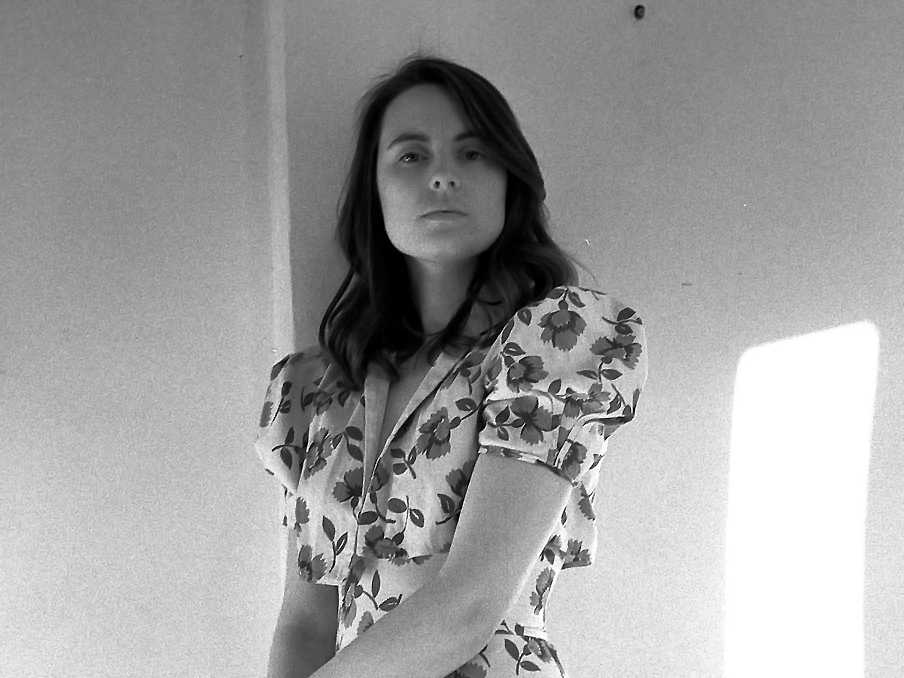 ABR is delighted to announce Madelaine Lucas as the overall winner of the 2018 ABR Elizabeth Jolley Short Story Prize for her story ‘Ruins’. Madelaine Lucas receives $7,000. Sharmini Aphrodite was placed second for her story 'Between the Mountain and the Sea' and Claire Aman placed third for her story 'Vasco'. We would like to congratulate all three shortlisted entrants and thank all those who entered their stories in the Jolley Prize.
ABR is delighted to announce Madelaine Lucas as the overall winner of the 2018 ABR Elizabeth Jolley Short Story Prize for her story ‘Ruins’. Madelaine Lucas receives $7,000. Sharmini Aphrodite was placed second for her story 'Between the Mountain and the Sea' and Claire Aman placed third for her story 'Vasco'. We would like to congratulate all three shortlisted entrants and thank all those who entered their stories in the Jolley Prize.
The ABR Elizabeth Jolley Short Story Prize is one of the country’s most prestigious awards for short fiction. This year the Jolley Prize attracted almost 1,200 entries from forty-two different countries. The judges were Patrick Allington, Michelle Cahill, and Beejay Silcox. The three shortlisted stories appear in our August 2018 issue.
About Madelaine Lucas
Madelaine Lucas is an Australian writer and musician based in Brooklyn,New York. She is the senior editor of NOON literary annual and a teaching fellow at Columbia University, where she is completing her MFA in fiction. She has been the winner of the Overland/Victoria University Short Fiction Prize and was shortlisted for the Griffith University Josephine Ulrick Literature Prize. She is currently at work on her first novel. Read her winning story 'Ruins'.
Listen below to Madelaine Lucas reading an extract from 'Ruins'.
2019 Porter Prize Judges
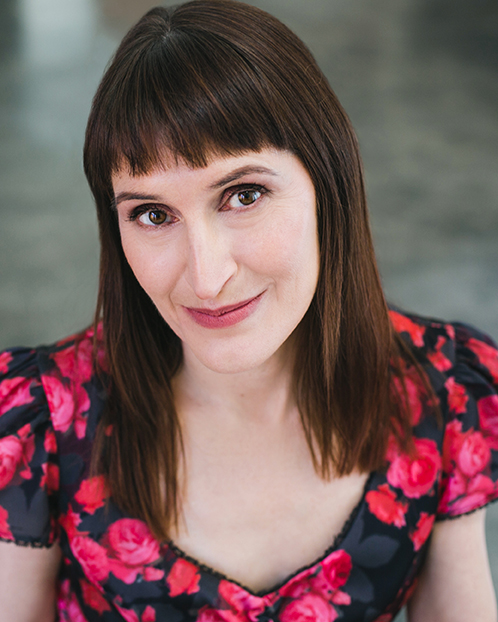 Judith Bishop is Director of Linguistic Services at a multinational language technology company. Her poems have won many awards, including the Peter Porter Poetry Prize (2006, 2011). Her first book, Event (Salt, 2007), won the FAW Anne Elder award and was shortlisted for the CJ Dennis Prize, the Judith Wright Calanthe Award, and the ASAL Mary Gilmore Prize. She has recently published a second collection, Interval (UQP, 2018).
Judith Bishop is Director of Linguistic Services at a multinational language technology company. Her poems have won many awards, including the Peter Porter Poetry Prize (2006, 2011). Her first book, Event (Salt, 2007), won the FAW Anne Elder award and was shortlisted for the CJ Dennis Prize, the Judith Wright Calanthe Award, and the ASAL Mary Gilmore Prize. She has recently published a second collection, Interval (UQP, 2018).
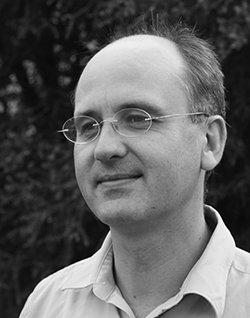
John Hawke is a Senior Lecturer, specialising in poetry, at Monash University. His books include Australian Literature and the Symbolist Movement, Poetry and the Trace (co-edited with Ann Vickery), and the volume of poetry Aurelia, which received the 2015 Anne Elder award. He is ABR's Poetry Editor.
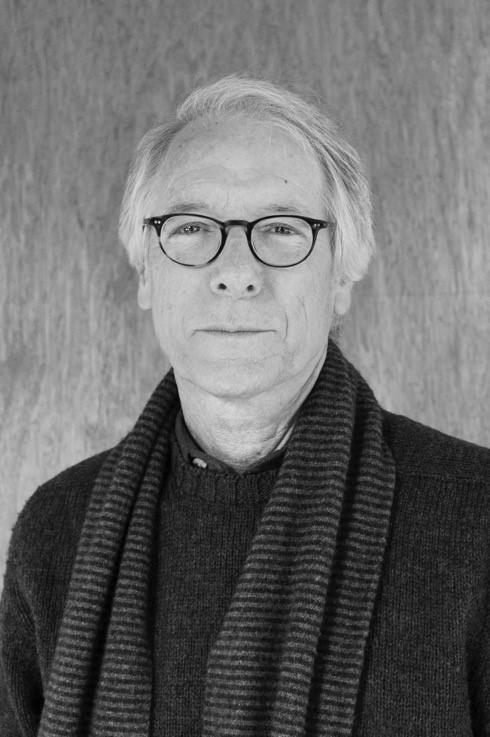 Paul Kane is poetry editor of Antipodes and artistic director of the Mildura Writers Festival. His most recent books are Renga: 100 Poems (with John Kinsella) and A Passing Bell: Ghazals for Tina. He teaches at Vassar College, as Professor of English, and divides his time between New York and rural Victoria.
Paul Kane is poetry editor of Antipodes and artistic director of the Mildura Writers Festival. His most recent books are Renga: 100 Poems (with John Kinsella) and A Passing Bell: Ghazals for Tina. He teaches at Vassar College, as Professor of English, and divides his time between New York and rural Victoria.



